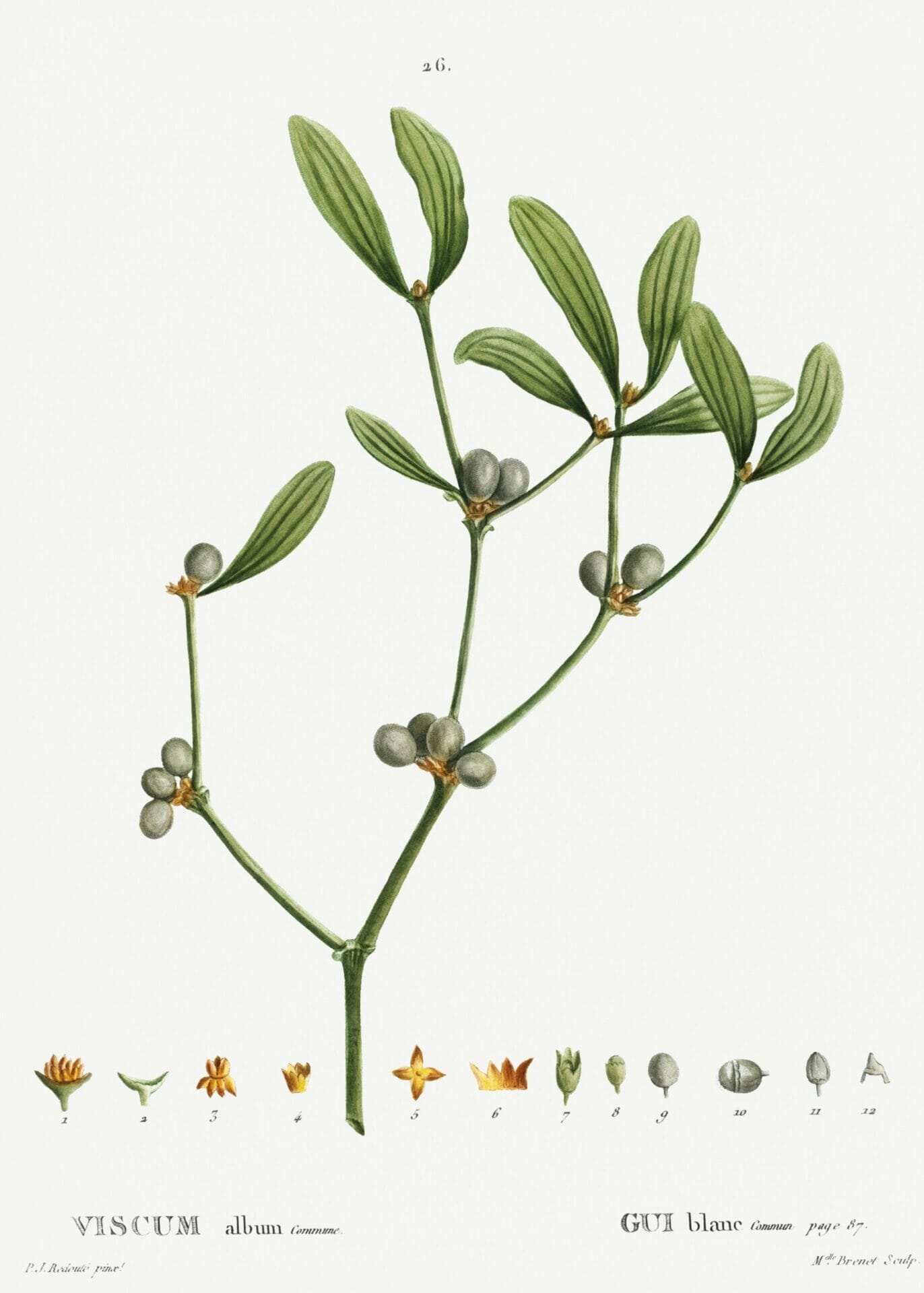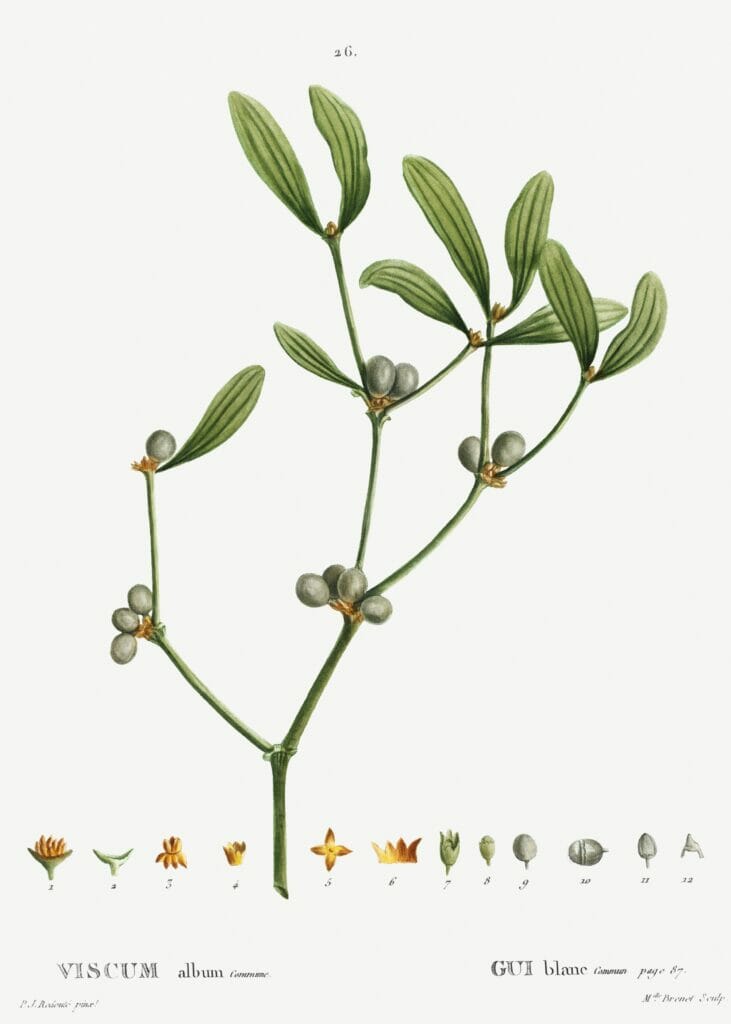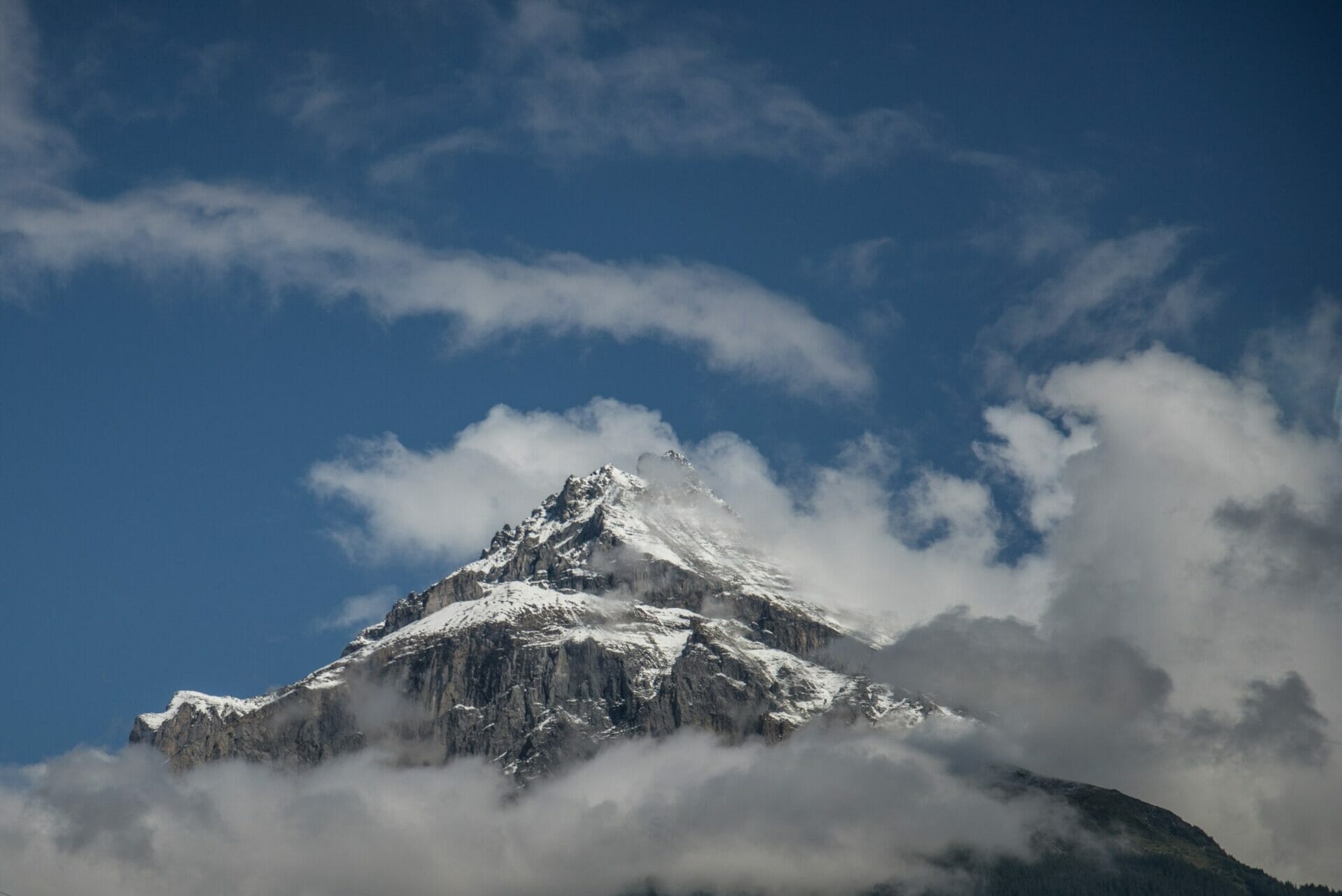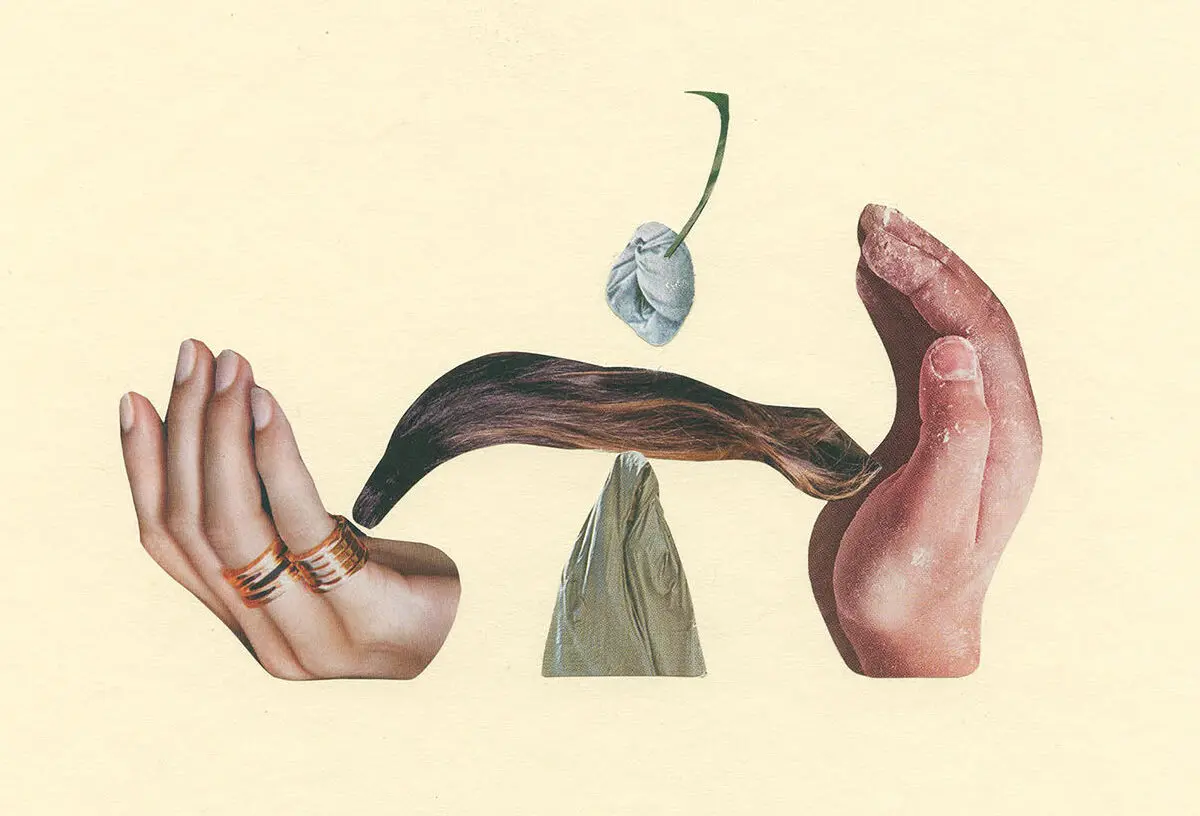
Re-enchanting nature through The Lost Words
Author
Year
Format
By
Surprising as it may seem, words can sometimes get lost and not always is it without consequence. Some people respond with shock to this disappearance, some with nods of approval, while others write poems about it. This is what the British author Robert Macfarlane did, as a reaction to the Oxford Junior Dictionary’s decision to cut words such as mistletoe and hazel, to give space to broadband and chatroom. The result is The Lost Words: A Spell Book (2017), a collection of poems and drawings, co-authored with artist Jackie Morris.
Macfarlane is best known for his works on mountains, landscapes, and language. Among his books, Mountains of the Mind (2003), The Wild Places (2007), Landmarks (2015), and Underworld (2019) won several prizes, such as the Guardian First Book Award and the National Outdoor Book Award. In addition to that, he has participated in the production of documentaries such as Mountain (2017) which, in its exploration of the relationship between humans and the highest peaks, reminds one of Werner Herzog‘s 1985 documentary The Dark Glow of the Mountains.

Original from the New York Public Library/via rawpixel
The Oxford Junior Dictionary controversy
Macfarlane was not the only one, nor the first, to react to the Oxford Junior Dictionary decision. It all started with the 2007 and 2012 editions of the dictionary. They record linguistic changes, and do not prescribe which words to use. However, especially when they are explicitly directed at children and teenagers, they become precious tools for them to interact with what surrounds them and give to it a name. In this way, dictionary entries and actual usage influence each other; deciding whether it’s dictionaries that mirror usage, or the other way round, is no easy task.
As a consequence, the OJD’s cutting out of nature words, such as dandelion, willow, and ivy, sparked different reactions and an outburst of newspaper articles and letters in 2015 – lexicographers had not heralded their operations of clipping and cropping, and it took some years for people to notice. On January 12th, a letter, signed by Margaret Atwood amongst others, was published, decrying the choice of stripping the OJD of nature-related basic vocabulary. The authors point out that disconnection with nature links with children’s declining physical and mental well-being, and that junior dictionaries are cultural objects and not just mirrors of reality. A petition on Change.org ensued a couple of years later. Oxford Education replied by highlighting that such a small dictionary allows only for a limited number of entries, and that their selection must be based on trends and on everyday use.
Retrieving nature words
As he explains in a 2015 article, Macfarlane had a long-standing interest for unusual, uncanny words describing the natural world. Aware of the dangers hidden in naming, he also claimed that “language deficit leads to attention deficit”. The first outcome of his work as a words collector was Landmarks (2015), a guide to landscape language and a defense of the evocative power of nature words. After that, inspired by the OJD controversy, he worked together with the artist and writer Jackie Morris, to create a book of spells, that is, a collection of poems to sing or read out loud. Titled The Lost Words and published in 2017, the book infuses new life into some of the words that are disappearing from children’s dictionaries, by associating an acrostic poem and some artworks to each of them. Magpie, for instance, becomes:
Magpie Manifesto:
Argue Every Toss!
Gossip, Bicker, Yak and Snicker All Day Long!
Pick a Fight in an Empty Room!
Interrupt, Interject, Intercept, Intervene!
Every Magpie for Every Magpie against
Every Other Walking Flying Swimming
Creeping Creature on the Earth!
Another poem, titled Kingfisher, describes this riverine bird using short and rhythmic sentences as if they were sudden brush strokes on the white page, in a way that evokes its speed and deftness. Portrayed as “colour-giver, fire-bringer, flame-flicker, river’s quiver”, the kingfisher emerges from this poem as alive as ever. Many poems resemble nursery rhymes, being short and evocative of the animal or plant they describe. The Conker poem, for instance, tells a story in which a cabinet-maker, a king and
an engineer are in turn asked to create or design this shiny nut. None of them, however, can do so: only trees have such skills.
The Lost Words does not appeal to children alone, but adults too, its aim being that of rewilding and re-enchanting nature to bring back its mystery and magic. On the wave of the book’s success, Macfarlane and Morris published in 2020 The Lost Spells, a collection of poems and illustrations akin to its predecessor, but pocket-sized.
Turning poetry into music
Poetry and music share many traits, and it is not unusual for poems to inspire or be turned into musical pieces. Because of their musicality and appeal, both collections evolved in directions of their own, inspiring artists, musicians, and performers.
In particular, seven musicians from all around the world gathered and created the Spell Songs group to give a voice and a rhythm to Macfarlane and Morris’ creations, thus transforming them into sung poems. They use an array of instruments and blend musical traditions to reawaken our bodies to the magic of the wild.
The Lost Word is thus a poetry collection, an art book, as well as a guide to navigating the ever-changing connection between humans, language, and the world. Even if words can lack precision, it is through them that we become able to convey meanings and feelings, as Roland Barthes shows in A Lover’s Discourse: Fragments. But words can also turn into play as in the case of Wordle, the online word guessing game that became a hit in 2021. Building up one’s vocabulary can thus be fun besides being useful: language enables connection with the external world, but it also creates relations between people. Hence, both internet and nature-related words need to coexist, and not to exclude one another, if humans are to make sense of the complex world around them.
Tag
Buy a ☕ for Hypercritic









